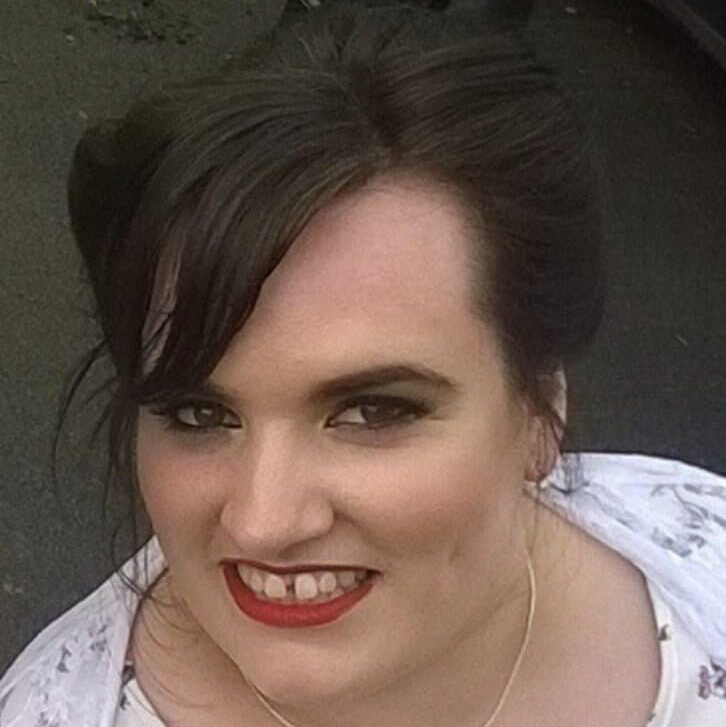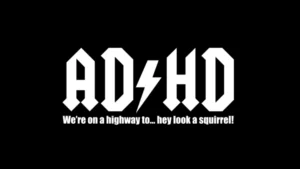Today marks World Mental Health Day. A day to shine a spotlight on mental health. Along with diversity and inclusion, mental health is at the very heart of what we do at humans of code. So there really seemed like no better time than now to discuss mental health in the tech industry and to tell you a little bit about what it means to us.
People talk extensively about the importance of breaking the stigma surrounding mental health, by speaking out about your own experiences, by reaching out to and supporting others, and by challenging stereotypes. We talk about this because the more awareness and support there is around mental health as a whole, the more likely people are to ask for help.
The stigma surrounding mental health can prevent someone from asking for the help they need. Without this help, they can end up travelling down a dark path, the destination of which is unknown.
It can be very easy to think you’re completely alone with your mental ill-health, but rest-assured, that absolutely isn’t the case! According to the BIMA Tech Inclusion & Diversity 2019 report, 52% of people in the tech industry have at some point suffered from anxiety or depression. That’s 5 times that of the general population. So half of the people you know who are working in tech are fighting an invisible battle.
Neurodivergent people make up around 10% of the general population, but around 20% of the tech industry. And instances of anxiety or depression are much higher among the neurodiverse at 84%, compared to 49% of neurotypicals.
Another, possibly more well known fact, is that 75% of all suicides in the UK are attributed to men. Almost 800,000 people globally each year die by suicide. That’s 800,000 preventable deaths. That’s one person every 40 seconds who wasn’t able to access the help they needed.
The main barriers preventing people from asking for help are:
- Public and self-stigmatising beliefs. Including holding the perception that asking for help is a weakness. Concern over what family members, friends and colleagues might think. A fear of being judged and labelled as being mentally ill.
- Believing the problem isn’t serious enough. Believing that other people have it much worse, and therefore they don’t deserve the attention.
- Difficulty accessing help. Believing that help is unavailable, ineffective or difficult to access. Assuming there isn’t help available because of a lack of funding.
- Fear of a negative outcome. Not wanting other people to worry. Not wanting to be a burden
- Difficulty in identifying or expressing concerns. Being unable to identify symptoms or communicate concerns. Being unable to talk about issues due to crying.
By standing up and speaking out, we can be a part of the change to break the stigma surrounding mental health. It only ever takes one person to start a conversation, before others follow.
The team at humans of code aim to help break this stigma, and to create a safe environment for everyone to be their authentic selves. I’m often (pleasantly!) overwhelmed by the response and messages we get after we post a new blog online. When someone reads something we’ve written and it really resonates with them, it’s a truly wonderful thing!
There are many mental health charities out there that you can donate to, but here are a few things you might be interested in…
The green ribbon campaign was introduced by the charity Mental Health Foundation. The green ribbon is the international symbol for mental health awareness. Why do I wear mine? I wear mine to put mental health out in the open. I wear mine because I live with mental health problems. I wear mine to show that I am an ally, and I’m open to listening to others if they need to talk.
Also, during the pandemic you’ll be doing your bit by wearing a face covering. Today I found some fabulous masks from Slanj, including the SAMH Tartan, and various other masks, which Slanj will donate 15% from the sale of to SAMH.
As always, look after yourselves! Get yourself a nice new face mask and a wee green ribbon pin. If you need help, you can find a list of organisations here. You can also help these organisations out by donating on their websites.
Have a peaceful weekend!
Debi <3




